1. The Parade Is the Event of the Year
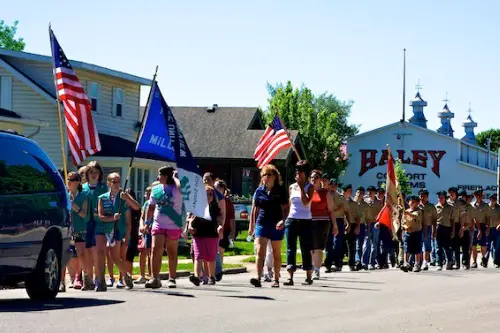
In every small town, “the parade” is an unforgettable experience. It isn’t just about the floats or the marching bands, but the collective excitement that fills the air. Fire trucks, some vintage and others brand new, would roar down the main street with their sirens blaring, adding to the thrill. Local high school bands perform, their young members beaming with pride as families wave from the sidelines. Of course, the best part of any parade is always the candy toss—Tootsie Rolls, Jolly Ranchers, and other sweets rained down from the floats, and every kid knows exactly where to stand to collect the most.
What made the parade special, though, was the sense of community it fostered. It was the one time of the year you could expect to run into neighbors, classmates, and old friends, all catching up on what had been happening. Kids ran wild while their parents chatted, knowing the entire town was watching over them. Local businesses set up booths selling everything from food to handmade crafts, making it a true celebration of local life. Over time, the parade became more than just a tradition; it was a symbol of the town’s unity and spirit. Even as the years went by, those candy-filled afternoons and the connections they built remained cherished memories.
2. Friday Nights Are Sacred for High School Football
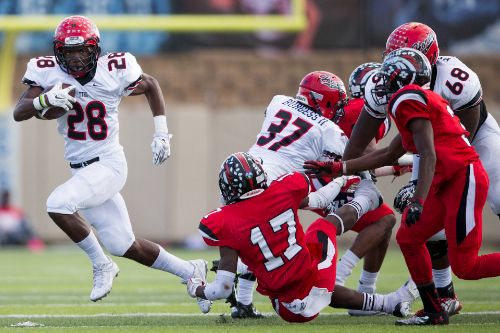
In small towns, Friday nights revolved around high school football games. It wasn’t just about the sport itself, but the way the entire town gathered under the stadium lights, sharing in the excitement. Whether or not you were a fan, there was no missing the community spirit that filled the air as the stands overflowed with everyone from young kids to retirees. People proudly donned their school colors, waving banners and cheering loudly for their team. The evening was a ritual, a shared experience that brought people together week after week.
For those directly involved in the game, it was more than just playing a sport—it was about being part of something much bigger. From the cheerleaders to the volunteers, everyone had a role in making the event happen. The town’s pride and camaraderie shone through in every chant, every cheer, and every touchdown. Rivalries were fierce, but they only deepened friendships. No matter where life took you, those Friday nights and the memories they created would always be a defining part of small-town life, and the legacy of those games lived on long after graduation.
3. Directions Are About Landmarks, Not Street Names
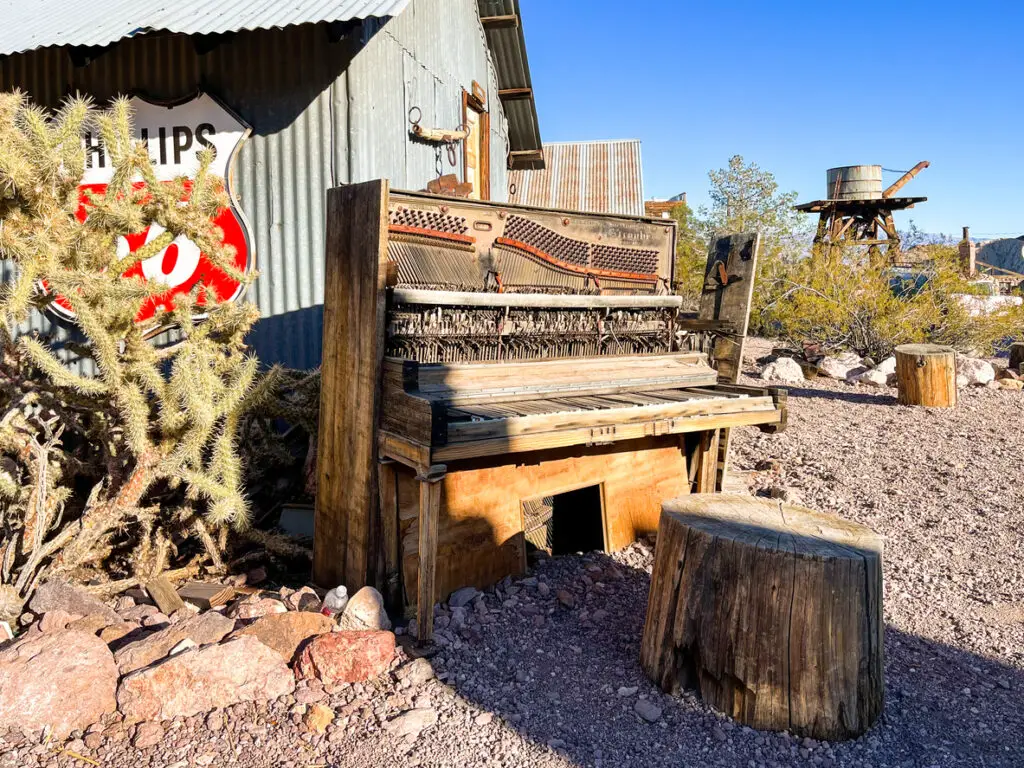
In small towns, getting directions was an exercise in navigating landmarks rather than following street names. Asking for directions often sounded like a mini scavenger hunt: “Take a left at the old diner, then turn right when you see the big red barn.” While street names did exist, they were largely irrelevant when it came to everyday navigation. What mattered more were the places you passed—places that had been a part of the town for generations.
This reliance on landmarks created a shared knowledge of the town’s history and the stories behind each building or spot. Whether it was the abandoned gas station or the creek where you used to fish, these landmarks held memories for everyone. Over time, they became emotional markers, reminding people of their roots and the connections they had to the place. Navigating around town didn’t just involve finding a location—it was a way to trace the history and relationships that shaped the community over the years.
4. The Arrival of a Stoplight Is a Major Milestone
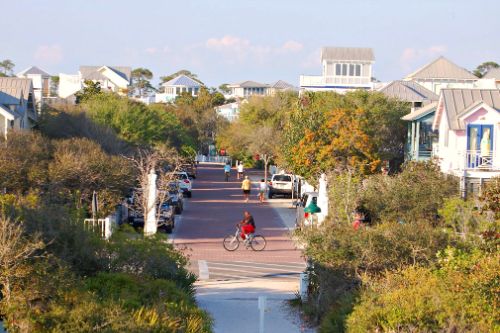
When a small town got its first stoplight, it was often considered a major achievement. Before that, the four-way stop controlled the flow of traffic, leading to moments of confusion and the occasional standoff as drivers tried to figure out who had the right of way. But when that stoplight went up, it was as if the town had officially entered the modern age. It became the subject of heated discussions: some people were thrilled with the added convenience, while others questioned whether the town really needed such a “big city” feature.
That stoplight quickly became a symbol of progress. It was no longer just a traffic control measure; it was the town’s way of saying, “We’ve made it!” For those in towns that still lacked a stoplight, there was a certain pride in making do with the four-way stop, where everyone knew the unwritten rules of cooperation. Regardless of opinions on the stoplight, it was an undeniable sign of change, and its presence became a part of the town’s identity, one that sparked conversations for years to come.
5. Running a Tab Is the Norm
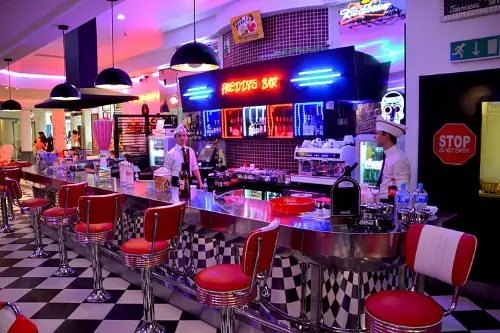
In many small towns, running a tab at local businesses was the way of life. It was common to pick up a sandwich at the diner or fill up your gas tank and simply ask to have it “put on the tab.” These tabs weren’t just about convenience—they represented the deep trust between business owners and their customers. You didn’t need to carry cash every time you shopped or ate; everyone knew you and your family, and paying at the end of the month was just part of the routine.
Having a tab wasn’t just a reflection of trust; it was a symbol of small-town values. The store owners and waitresses knew personal details about your life, from your children’s names to the health of your parents. These interactions weren’t transactional—they were built on years of familiarity and community ties. Paying off a tab at the end of the month didn’t feel like an obligation; it was a reminder of the relationship between business and customer, and the comfort that came with knowing you were a part of a tight-knit community.
6. Snow Days Are a Highly Anticipated Event

In a small town, snow days carried a level of excitement that was almost contagious. The anticipation would start the night before, when kids could barely sleep, hoping for a school closure. As the snow began to fall, the decision on whether or not school would be canceled was left in the hands of someone who knew everyone in town. For many, the best part was waiting for that early morning call or hearing the cancellation announcement on the local radio station.
But if the snow wasn’t quite bad enough, you’d get the dreaded “we’re tough, we’re not canceling school” speech. Small-town snow days felt personal—they were either all or nothing. For some, it was frustrating to see city friends enjoy a snow day while they trudged through snowdrifts to class. But regardless of the outcome, snow days had an almost magical quality. The suspense and excitement surrounding them made each winter feel like a unique experience, whether you got a day off or not.
7. Every Town Has Its “Character”
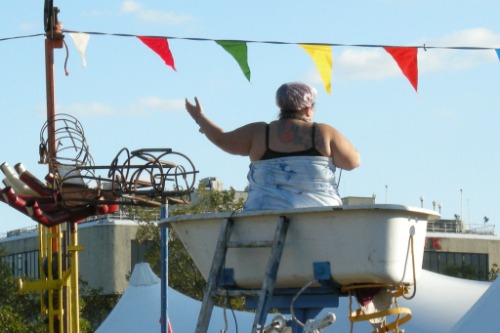
Every small town had that one person everyone knew. They weren’t famous, but their unique personality made them unforgettable. Perhaps it was the elderly man who wore his cowboy hat every day, or the eccentric woman with the garden gnome collection. These characters became an integral part of the town’s identity, providing charm, amusement, and a sense of continuity. They weren’t just oddities; they were beloved figures who gave the town character.
These local figures often served as the keepers of stories, helping to preserve the town’s history in a way no history book could. Town characters became the subject of legends, with tales of their quirky actions and unforgettable moments passed down for generations. Whether they were the source of gossip or just a friendly face on every street corner, these individuals added a special flavor to the town, making it feel just a little more memorable. Everyone had a story or memory involving the town character, reinforcing their place in the community’s heart.
8. Gossip Travels Faster Than the Internet

In small towns, gossip spread like wildfire—and not because of social media. The good old-fashioned grapevine was the real source of news, and it worked faster than any Wi-Fi connection could. Whether it was about a new couple in town or a local mishap, the news would travel quickly from one person to the next. By the time the story reached its final destination, it had often morphed into something much more exciting and exaggerated than the original truth.
The speed of gossip in a small town was both thrilling and intimidating. With everyone knowing everyone’s business, it was almost impossible to keep anything private. New developments, no matter how small, were dissected and discussed endlessly. For some, this constant flow of information felt like being under a microscope, but for others, it was comforting to know that someone always had their finger on the pulse of the town. Either way, the gossip in a small town had its own unstoppable momentum that left everyone in its wake.
9. Your Teachers Know Your Family Inside and Out
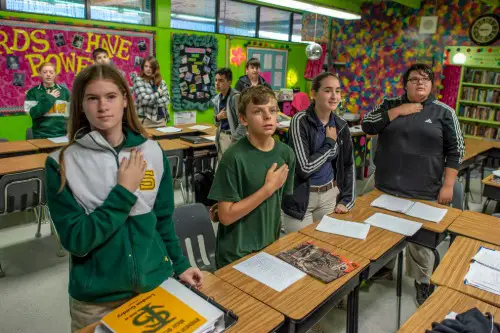
In small towns, school was never just about academics—it was a family affair. Teachers didn’t just know their students—they knew their families, their histories, and often had personal connections with parents and grandparents. Parent-teacher conferences weren’t just about grades; they were opportunities for teachers to reminisce about your older siblings or discuss stories about your grandparents. You couldn’t escape the close-knit nature of your community, especially when it came to school.
This strong connection between educators and families made school life feel more personal. Teachers often went out of their way to help you, knowing your background and circumstances. On the flip side, it also meant that your behavior at school was likely to be discussed at the dinner table later that evening. While this could feel like an invasion of privacy, it was also comforting, knowing that everyone in your life had a shared interest in your well-being. The small-town school system was built on relationships, and these connections lasted far beyond graduation.
10. The Local Paper Is Everyone’s News Source
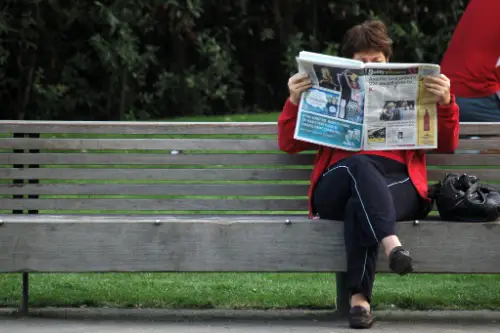
In small towns, the local newspaper was the lifeblood of community news. It wasn’t just filled with national stories—it highlighted everything from local sports scores to upcoming town meetings, and even personal milestones like birthdays and anniversaries. When something appeared in the paper, it felt like an official acknowledgment of your place in the community. It wasn’t uncommon to see a family member proudly pinning an article to the fridge, even if it was just a small mention.
The local paper captured the essence of small-town life. It covered everything, from the mundane to the monumental, making everyone feel like they were part of the town’s ongoing story. Getting your name in the paper—whether for a school award or a chance encounter with the mayor—was a big deal. It wasn’t just news; it was a symbol of belonging, a reminder that your life was intertwined with the history of your community. The local paper served as both a news source and a living scrapbook, preserving the town’s stories for future generations.
11. Chain Stores Mark the Town’s Growth

The opening of a chain store in a small town was a defining moment. When places like Walmart or McDonald’s arrived, it wasn’t just about convenience—it symbolized progress and modernization. The grand opening of these stores often became an event in itself, drawing crowds eager to experience something new. The arrival of national chains marked the town’s transition into a new era, and everyone had an opinion about what it meant for their hometown.
For some, it was a sign that their small-town charm was being overshadowed by commercialism, while others welcomed the convenience and variety these stores brought. No matter the sentiment, it was clear that the arrival of chain stores changed the fabric of the community. They brought new job opportunities and a wider selection of goods, but they also altered the dynamic of local businesses. Regardless of how they felt, most people couldn’t ignore the impact these stores had on the town’s identity.
12. Your First Job Is a Family Affair
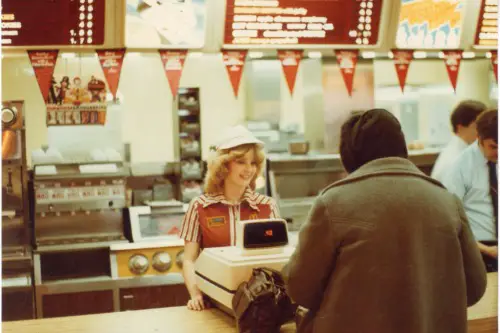
In a small town, your first job often came from someone who knew your family personally. Whether it was bagging groceries at the local store or mowing lawns for neighbors, these early jobs were more than just a way to earn money—they were about learning responsibility and becoming part of the community. Since your employers were often friends or relatives, there was always a sense of accountability, knowing that your actions would be shared within the community.
Receiving your first paycheck was a rite of passage, and spending it locally made you feel more connected to the town. It wasn’t just about the money—it was about proving your worth and contributing to the town’s economy in your own small way. Your work ethic became a reflection of your family’s values, and over time, your reputation would spread, just like the gossip. Those first jobs weren’t just steps into adulthood; they were moments that defined your relationship with the town, marking your place in its ongoing story.


